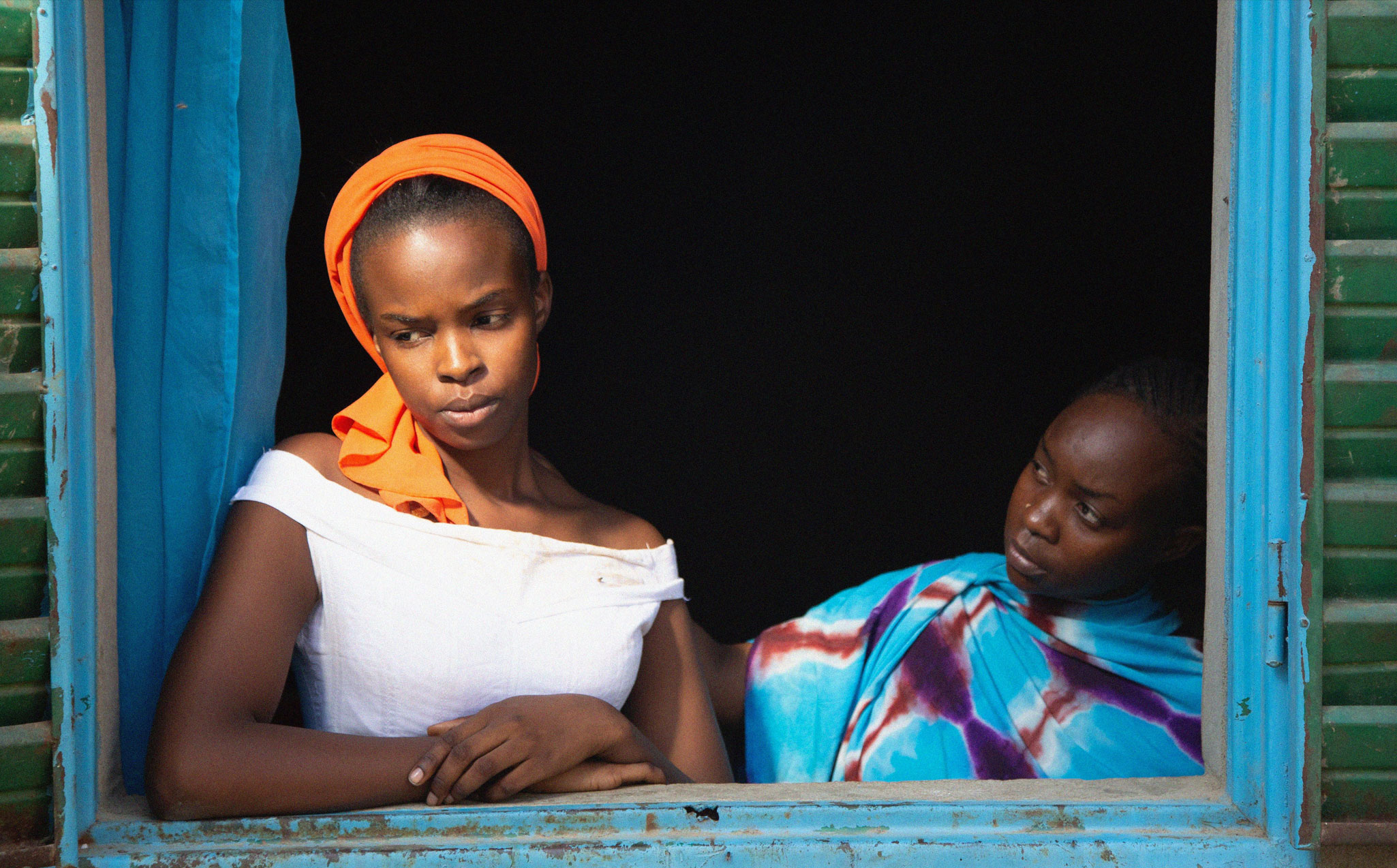
Lingui: A Sacred Bond is a new film by Chadian filmmaker Mahamat-Saleh Haroun. It explores the underlying patriarchal logic behind anti-abortion laws.
Set in the Chadian city of N’Djamena, it tells the story of Amina, played by Achouackh Abakar, a single mother. She is scorned and looked-down-upon for having a child outside of marriage. Her daughter Maria, played by Rihane Khalil, becomes pregnant at 15 years and is expelled from school. Seeing the hardship her mother has had to face as a single parent and how she is mistreated in the community, Maria decides to get an abortion. But, the problem is that, as in many African countries, abortion is illegal in Chad. The film details Amina’s struggle to get an abortion, which she believes is the only way to give her daughter a fighting chance at reclaiming her childhood and the possibility of a better life.
Lingui is a compelling argument against anti-abortion laws in the ways it exposes the injustice of a system that punishes women for getting pregnant while exposing them to sexual violence. The film brilliantly takes on abortion as a social issue compounded by culturally specific forms of patriarchal rule. But it does this without losing sight of the human angle. The most memorable parts of the film are those that focus on the private, intimate, everyday lives of the women. Amina and Maria command the screen. Their faces are visible in close-ups and extended walking shots, their experiences conveyed in well-written and delivered lines, and their character given depth through carefully curated costume. At every moment in the film, there is never a doubt that what is ultimately at stake in Amina’s resistance to anti-abortion laws is her survival and the survival of the millions of Chadian and African women evoked in her story. Achouackh Abakar and Rihane Khalil are great in the film. Their mother-daughter relationship is the emotional center of the story. Though is not a professional actor, her depiction of Maria’s character pulls everything together in a way that make the story impactful. As somebody who studies African literature, I’ve seen lots stories about the “suffering good woman.” In terms of how we represent violence against women, this film does so many interesting things like breaking away from the typical trope of women as passive sufferers.
Lingui certainly puts a human face to the issue of reproductive rights and how it plays out in African spaces. But, as someone living in the US, it hits close to home as well. Abortion is one of the most divisive issues in US politics. Hopefully, for Americans who get to see it, Haroun’s film will provide a neutral space where viewers can reflect on Amina and her daughter experience and what it says about women’s fight for dignity and a little more room to live their lives fully.


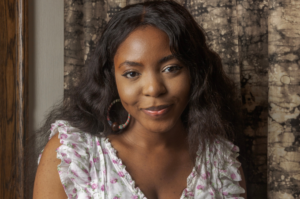
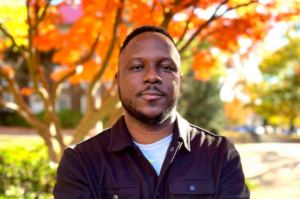
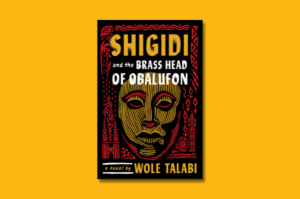


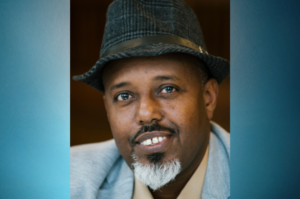

COMMENTS -
Reader Interactions